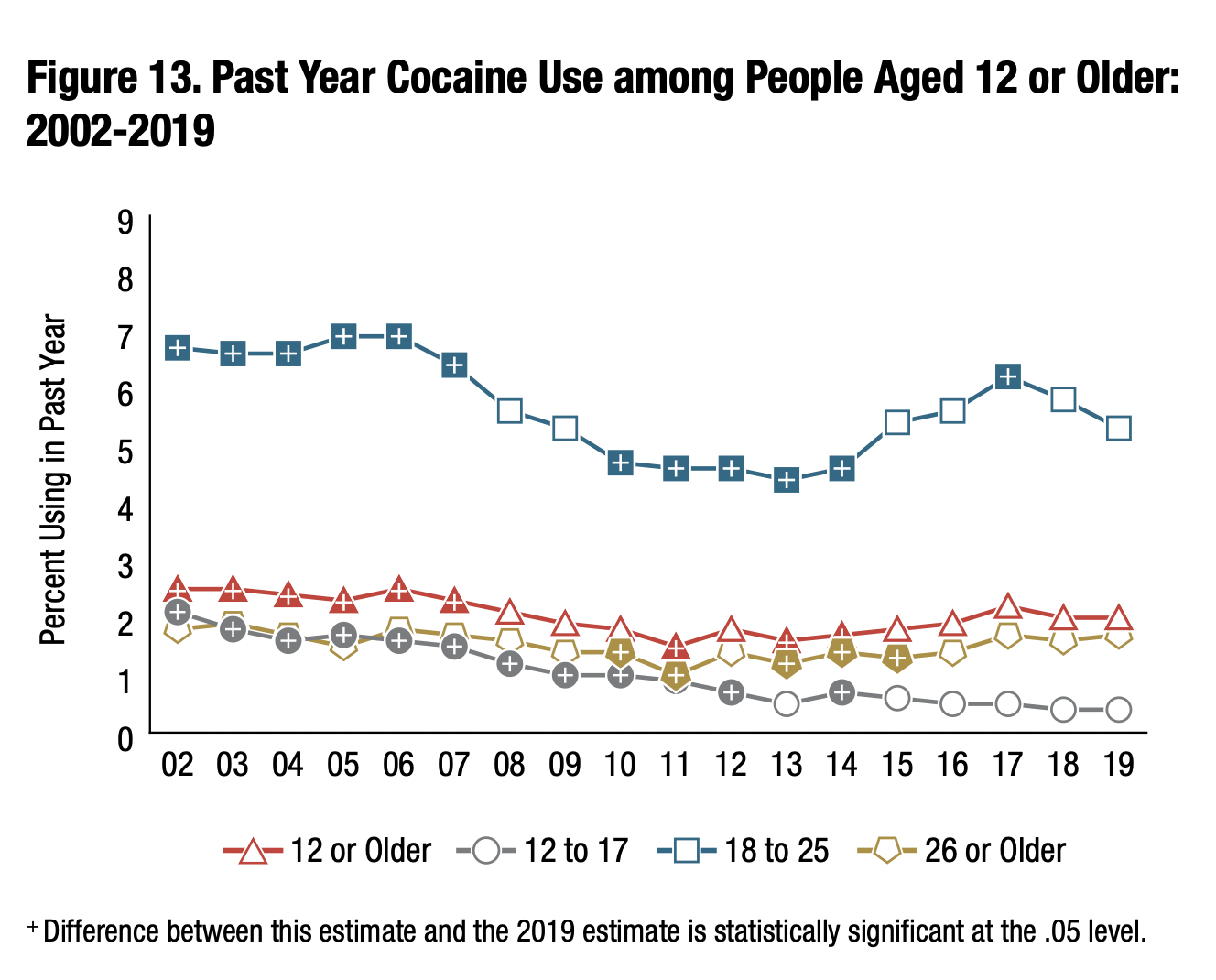|
Magnan's Sign
Magnan's sign is a clinical sign in which people with cocaine addiction experience paraesthesia which feels like a constantly moving foreign body, such as fine sand or powder, under the skin. at Mondofacto online medical dictionary The sign is named after Valentin Magnan
Valentin Magnan (16 March 1835 – 27 September 1916) was a French psychiatrist active in the 19th-century.
Biography
Valentin Magnan was a native of Perpignan. He studied medicine in Lyon and Paris, where he was a student of Jules Bailla ... .
External links *References [...More Info...] [...Related Items...] OR: [Wikipedia] [Google] [Baidu] |
Medical Sign
Signs and symptoms are the observed or detectable signs, and experienced symptoms of an illness, injury, or condition. A sign for example may be a higher or lower temperature than normal, raised or lowered blood pressure or an abnormality showing on a medical scan. A symptom is something out of the ordinary that is experienced by an individual such as feeling feverish, a headache or other pain or pains in the body. Signs and symptoms Signs A medical sign is an objective observable indication of a disease, injury, or abnormal physiological state that may be detected during a physical examination, examining the patient history, or diagnostic procedure. These signs are visible or otherwise detectable such as a rash or bruise. Medical signs, along with symptoms, assist in formulating diagnostic hypothesis. Examples of signs include elevated blood pressure, nail clubbing of the fingernails or toenails, staggering gait, and arcus senilis and arcus juvenilis of the eyes. Ind ... [...More Info...] [...Related Items...] OR: [Wikipedia] [Google] [Baidu] |
Cocaine Dependence
Cocaine dependence is a neurological disorder that is characterized by withdrawal symptoms upon cessation from cocaine use. It also often coincides with cocaine addiction which is a biopsychosocial disorder characterized by persistent use of cocaine and/or crack despite substantial harm and adverse consequences. The Diagnostic and Statistical Manual of Mental Disorders (5th ed., abbreviated DSM-5), classifies problematic cocaine use as a " Stimulant use disorder". The International Classification of Diseases (11th rev., abbreviated ICD-11), includes "Cocaine dependence" as a classification (diagnosis) under "Disorders due to use of cocaine". The use of cocaine creates euphoria and high amounts of energy. If taken in large doses, it is possible to cause mood swings, paranoia, insomnia, psychosis, high blood pressure, a fast heart rate, panic attacks, seizures that are extremely difficult to control, cognitive impairments and drastic changes in personality. Cocaine overdose may re ... [...More Info...] [...Related Items...] OR: [Wikipedia] [Google] [Baidu] |
Paraesthesia
Paresthesia is an abnormal sensation of the skin (tingling, pricking, chilling, burning, numbness) with no apparent physical cause. Paresthesia may be transient or chronic, and may have any of dozens of possible underlying causes. Paresthesias are usually painless and can occur anywhere on the body, but most commonly occur in the arms and legs. The most familiar kind of paresthesia is the sensation known as "pins and needles" after having a limb "fall asleep". A less well-known and uncommon paresthesia is formication, the sensation of insects crawling on the skin. Causes Transient Paresthesias of the hands, feet, legs, and arms are common transient symptoms. The briefest electric shock type of paresthesia can be caused by tweaking the ulnar nerve near the elbow; this phenomenon is colloquially known as bumping one's "funny bone". Similar brief shocks can be experienced when any other nerve is tweaked (e.g. a pinched neck nerve may cause a brief shock-like paresthesia toward th ... [...More Info...] [...Related Items...] OR: [Wikipedia] [Google] [Baidu] |
Foreign Body
A foreign body (FB) is any object originating outside the body of an organism. In machinery, it can mean any unwanted intruding object. Most references to foreign bodies involve propulsion through natural orifices into hollow organs. Foreign bodies can be inert or irritating. If they irritate they will cause inflammation and scarring. They can bring infection into the body or acquire infectious agents and protect them from the body's immune defenses. They can obstruct passageways either by their size or by the scarring they cause. Some can be toxic or generate toxic chemicals from reactions with chemicals produced by the body, as is the case with many examples of ingested metal objects. With sufficient force (as in firing of bullets), a foreign body can become lodged into nearly any tissue. Gastrointestinal tract One of the most common locations for a foreign body is the alimentary tract. It is possible for foreign bodies to enter the tract from the mouth or rectum. Both ... [...More Info...] [...Related Items...] OR: [Wikipedia] [Google] [Baidu] |
Valentin Magnan
Valentin Magnan (16 March 1835 – 27 September 1916) was a French psychiatrist active in the 19th-century. Biography Valentin Magnan was a native of Perpignan. He studied medicine in Lyon and Paris, where he was a student of Jules Baillarger (1809–1890) and Jean-Pierre Falret (1794–1870). From 1867 to the end of his career he was associated with the Hôpital Sainte-Anne in Paris. At Sainte-Anne, he was a long-time colleague to Gustave Bouchereau (1835–1900). Magnan was an influential figure in French psychiatry in the latter half of the 19th century. He is remembered for expanding the concept of degeneration that was first introduced into psychiatry by Bénédict Augustin Morel (1809–1873). Magnan's theory of degeneration was a form of "evolutionary biology" that was based on an hereditary precept. He used terms such as ''bouffée délirante'' (transitory delusional psychosis) and ''délire chronique évolution systématique'' (chronic systemized delusional disor ... [...More Info...] [...Related Items...] OR: [Wikipedia] [Google] [Baidu] |


